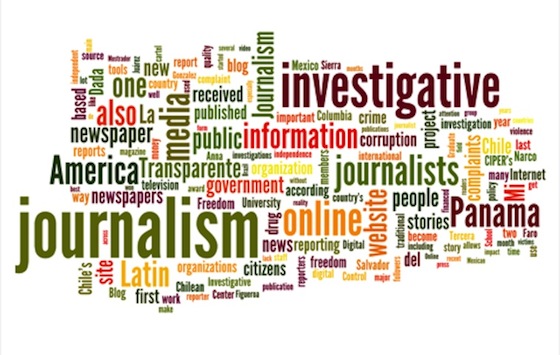An investigative journalism expert at De Montfort University has co-authored new research into why whistleblowers and journalists' sources should be protected in our digital age.
Dr Richard Danbury, principal lecturer on the Investigative Journalism MA at DMU - run in collaboration with Channel 4 - co-researched and wrote the paper, which explores how whistleblowers and journalists' sources should be offered more legal protection because of the way in which digital technology increases the capacity for state surveillance and weakens protections in law.

The report is based on discussions with twenty five investigative journalists, representatives from relevant non-governmental organisations and media organisations, and media lawyers.
They looked at the policies and legislative proposals that affect investigative journalism and the protection of sources, all within an environment of rapid technological change.
Dr Danbury - who co-authored the paper with Dr Judith Townend, lecturer in media and information law at the University of Sussex, said: "This project was prompted by our increasing concern about the difficulties faced by journalists when dealing with confidential sources and the potential impact on freedom of expression and investigative journalism in the public interest".
"Our expert group identified issues that have only heightened this concern, so we are calling on policymakers and lawmakers to strengthen legal protections for journalists, their sources and whistleblowers."
RELATED NEWS
DMU and Channel 4 launch Investigative Journalism MA
Book looking at global future of print journalism co-edited by DMU lecturer
Students get a masterclass in digital journalism
The report suggests ten recommendations for journalists and news organisations, researchers and lawmakers
These include:
- Guaranteeing that the Investigatory Powers Act Codes of Practice sufficiently protect journalists and their anonymous sources, in ways compliant with the UK's international human rights obligations
- Reviewing and improving how journalists protect their sources, including by the use of secure technology
- Examining the merits of extending public interest defences for whistleblowers
The paper is based on research supported by Guardian News and Media, publisher of The Guardian and Observer newspapers.
It will be launched at the House of Lords on 22 February, 6.30-8.30pm.
Posted on Wednesday 22 February 2017